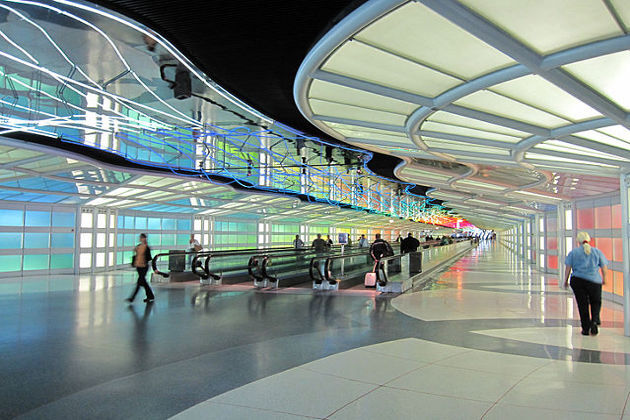Move FM Global News

New visa rule could raise costs for foreign visitors to US
Aug 8, 2025WASHINGTON, D.C.: The U.S. State Department has suggested a new rule that could make it more complex and more expensive for people to visit the United States for business or tourism. The plan would require some visa applicants to pay a refundable deposit, or “bond,” of up to US$15,000 before they are allowed to enter the country.
This idea was officially announced on Monday and will begin as a 12-month test program. It will target people from countries where many travelers tend to stay in the U.S. longer than allowed, or where passport and document security is weak. Depending on the situation, visitors may be asked to pay bonds of $5,000, $10,000, or $15,000 when applying for a visa.
The Trump administration has been making it harder for people to get U.S. visas. Just last week, the government said that more people renewing their visas will now have to attend in-person interviews, even if they didn’t have to before. The government also wants applicants for the Diversity Visa Lottery (a program that gives people a chance to get a green card) to show they have a valid passport from their home country.
A preview of the new bond rule was posted online on August 4. It says the test program will begin 15 days after the official announcement. The bond is meant to protect the U.S. government from financial loss in case a visitor breaks the rules of their visa, for example, by staying in the country too long.
According to the notice, the rule may apply to people visiting the U.S. for business or tourism from certain countries. These countries might have:
- High rates of people overstaying visas,
- Weak background-check systems,
- Or offer citizenship without requiring people to live in the country first (a process called “citizenship by investment”).
The exact list of countries affected will be announced once the program begins. In some cases, the bond may be waived, depending on the applicant’s situation.
This new bond rule does not apply to travelers from the Visa Waiver Program, which lets citizens of 42 countries (mainly in Europe, plus a few in Asia and the Middle East) visit the U.S. for up to 90 days without a visa.
The idea of visa bonds is not new. It has been discussed before, but never implemented. The State Department has usually opposed the idea, saying it would be too complicated and might create the wrong impression. However, the department now says that there is no recent proof or examples to support that view since such bonds haven’t actually been used recently.


